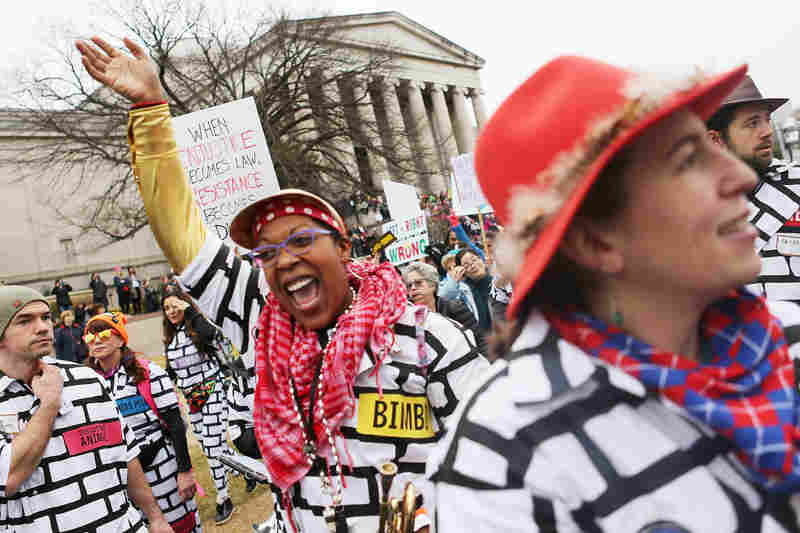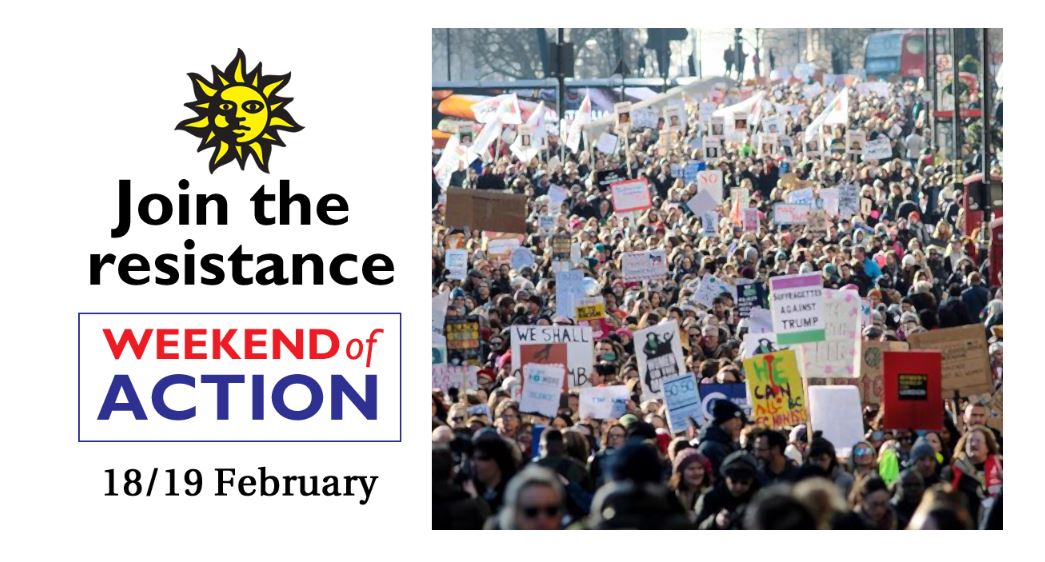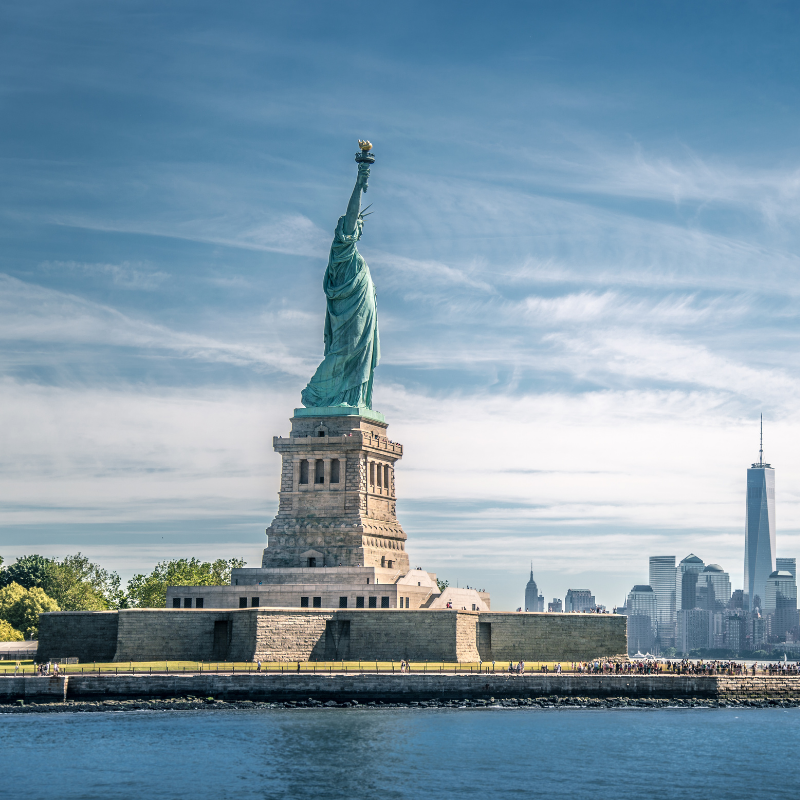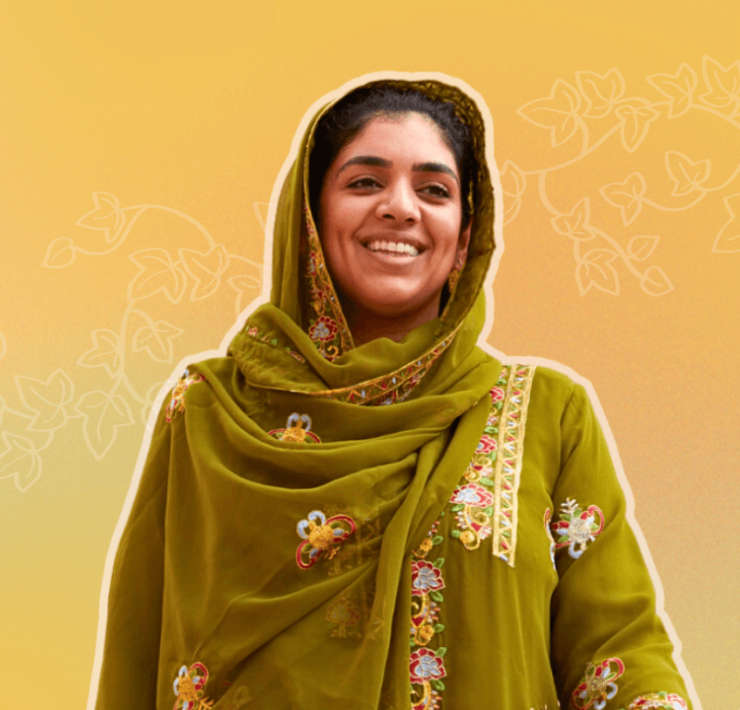By Francesca Kelsall
Saturday the 21st of January 2017 is certain to go down as a momentous day in the history of human rights. Around the globe, across all seven continents, demonstrations took place as a symbol of strength and unity in protest of the inauguration of Donald Trump as the 45th president of the United States. In contrast to the riots that broke out on election results day, and the protests that turned violent on inauguration day, these Women’s Marches united an estimated 5 million people worldwide on Saturday to demonstrate that women’s rights are human rights and to show solidarity with other marginalised groups who were slighted by Trump during the run up to the election.
The marches were met with many pragmatists crying out that Trump has already been elected to office by the democratic process. After avoiding any mention of the demonstrations on his first day in elected office, Trump himself insinuated in a tweet on Sunday that people who took part in the demonstrations across America did not vote. All of the backlash to the marches purports a very “what’s done is done” attitude, insinuating that people should all just sit back and accept a reported sexual predator and bigot as the head of one of the most powerful countries in the world. Yet a hallmark of democracy is embodied in being able to protest, in being able to exercise our rights as human beings to freely speak our minds in the hopes of being heard by our elected officials.

Some have pointed out the vulgar or insulting dialogue directed at Trump and his administration used by high profile participants in the marches such as Madonna, who caused some live television streams to cut their broadcasts due to her use of profanity in an address to the crowds. Alas, you can’t prevent one individual’s inflammatory messages of protest any more than you can prevent Trump calling his opposition partner a “nasty woman” or referring to grabbing women “by the pussy” as “locker-room talk”, though you would hope the latter would take more responsibility when in the midst of an election process…
Amongst the throng of participants in Saturday’s marches, two women stood out in particular after delivering stirring and impassioned poetry to the crowds; Ashley Judd and Alicia Keys. Of the many streams and videos I saw, these two women spoke eloquently, clearly and above all fiercely. In her speech, Judd recited a poem entitled “I’m a Nasty Woman”, written by 19-year old spoken-word poet Nina Donovan, which plays on the themes of what it means to be a nasty woman in Trump’s world…

“I am not as nasty as a swastika painted on a pride flag.”
“I am not as nasty as racism, fraud, conflict of interest, homophobia, sexual assault, transphobia, white supremacy, misogyny, ignorance, white privilege.”
“I’m a nasty woman; a loud, vulgar, proud woman.”
“You may be afraid of the truth, but I am unafraid to be honest.”
Also in attendance at the Washington March was Alicia Keys, who articulated perfectly the feelings of many in the crowd and referenced the poetry of writer and civil rights activist, Maya Angelou…
 “We will not allow our bodies to be owned and controlled by men in government, or men anywhere for that matter. We will not allow our compassionate souls to get stepped on.”
“We will not allow our bodies to be owned and controlled by men in government, or men anywhere for that matter. We will not allow our compassionate souls to get stepped on.”
“No hate. No bigotry. No muslim registry.”
“We will continue to rise until our voices are heard, until our planet’s safety is not deferred, until our bombs stop dropping on foreign lands, until our dollar is the same dollar as a man’s.”
Even when taken out of context of the weekend’s events, the words above cannot help but raise my hopes that we are heading towards a revolution. When I think about the reality of the political events of the past year, my stomach flips and my brain whirrs in disbelief. When I read about Trump’s first actions as president, I want to look away and ignore it. Yet sadly, reality cannot be ignored. For me these women’s words are a call to arms; a rousing battle cry in the fight for unity. The scale and stretch of the Women’s Marches on Saturday demonstrates the potential for worldwide unity; with 673 separate marches having taken place. The official estimate of the participants given on the Women’s March website is 4,834,000. And it doesn’t end there.
For 100 days immediately following the demonstrations, the organisation is putting into practice a more long-term plan. According to their website, “the ’10 Actions for the First 100 Days’ campaign will transform this diverse, organic movement into a powerful force for equality and justice, with practical goals.” Every ten days a new action will be announced, the first of which is to send a postcard to your elected official highlighting what is important to you and how and why you want to fight for it. If carried out in numbers, these actions have the potential to make the establishment sit up and take note that the demonstrations were not just a one-day event to be forgotten, but a signal of the beginning of a worldwide movement.
In the UK, Hope not Hate has announced a weekend of action across the country on the 18th and 19th of February, to highlight and challenge the worrying rhetoric that has become part of out daily lives and to deliver messages of hope to communities nationwide.

As the world moves to further extremes both left and right, it is not enough to abstain from taking part and watch others fight for you. As the elections of the past year worldwide have taught us, the world is divided. Let us take action and unite it together.






